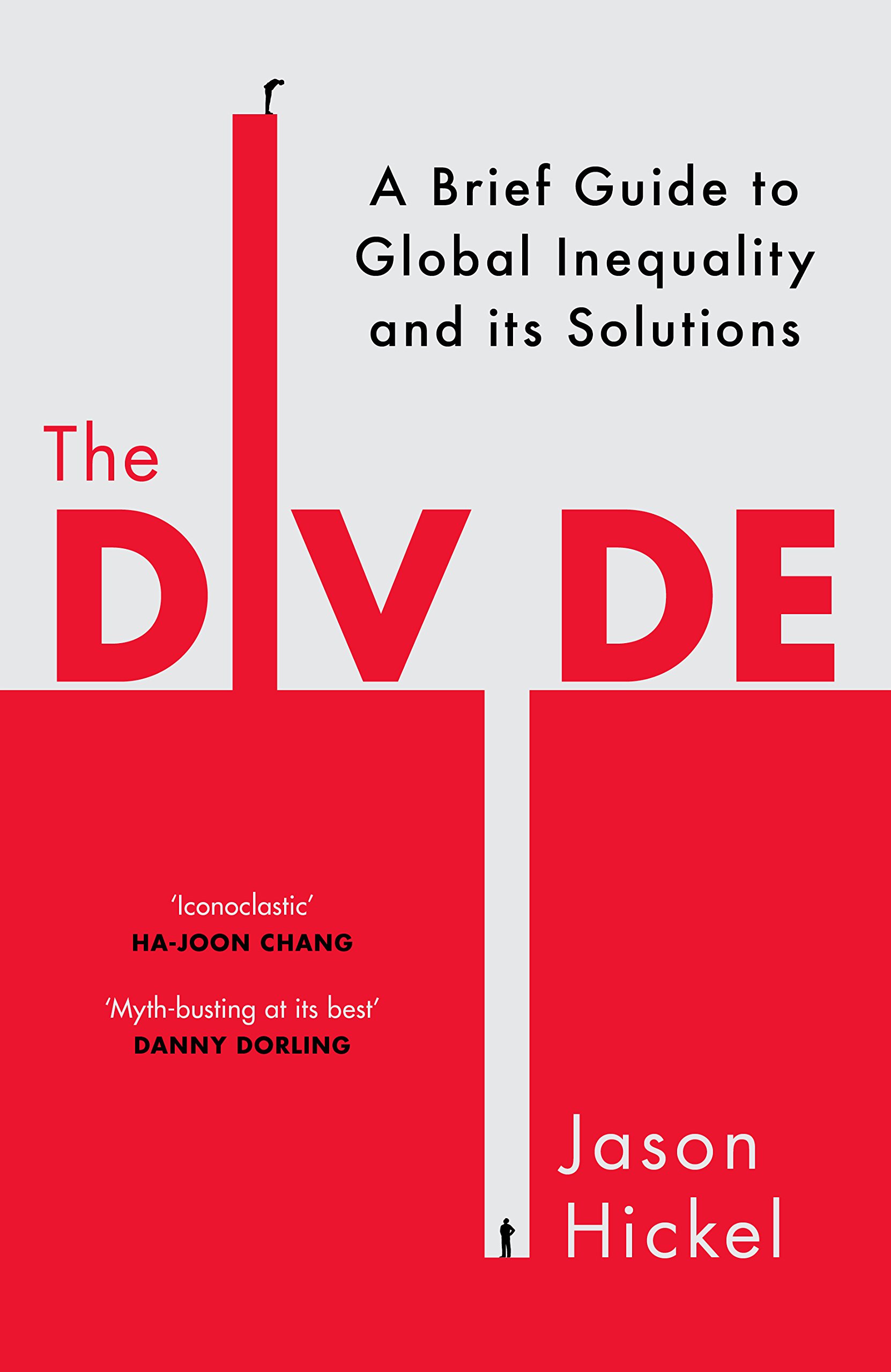Jason Hickel Features Again On Citations Needed
The latest episode of the podcast Citations Needed features Jason Hickel again who together with the hosts Nima Shirazi and Adam Johnson explain how the mainstream narrative hides the correct story about success and failure of nations by spreading the wrong idea that corruption is the main factor.
Jason Hickel: So, of course I teach on global economics and, and one of the questions I like to ask my students at the beginning of term is something along the lines of, okay, so we have this massive inequality between global north and global south, rich countries and poor countries, why do you think poor countries are so poor? And I would say, you know, 80 and 90 percent of the students will put their hands up and say they believe it’s because of corruption, you know, because the global south has corrupts leaders. But the problem with that story is it erases, you know, the history of colonization, the history of structural adjustments, the history of unfair trade arrangements. And so it’s a very de-politicized way of thinking about the drivers of impoverishment because the focus is solely on the nation states as opposed to the relationships between nation states and geopolitical regions of the world. And that’s really what I want to draw attention to.
💯 🎯

